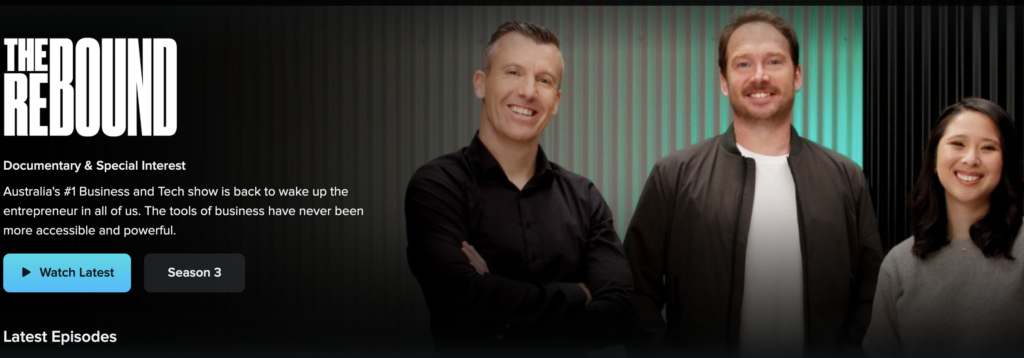
Loyalty in life matters. But one thing we should never be loyal to, is a corporation.
Corporate loyalty is one of the most foolish decisions we can make, simply because companies, aren’t real. They are a legal-financial construct invented by humans to literally remove human oriented risk. And we can be sure that despite what they say, a company will never be loyal to anyone inside it. The ‘thing’ can only be loyal to its corporate objectives. It’s designed that way on purpose.
But here is what we can do – be loyal to the people we meet inside them. That has the potential to be enduring. This has the potential to extend beyond the original corporate meeting place because it is between people.
One of the most important decisions we can make – is what to be loyal to. On this my advice is simple, be loyal to people, not things or market based constructs. The irony of course, is that the more we focus on human loyalty, the more the companies and market places we inhabit benefit.
Speaking of loyalty – This weeks Episode of The Rebound is all about Gamification & Loyalty. It’ll be shown on Channel 9 Nationally at 12.30pm. We are now in our 3rd season which is pretty cool.
I remember the first pitch meeting we had with Channel 9. I said that we think smart Australians want to watch something a little more educational than seeing strangers get married on an island or at first site. A risky move, but it worked. I was loyal to what I actually believe. And when it comes to pitching I always say that the audience believes, what you believe They can smell it – and there is nothing more compelling than self belief. And while, we still haven’t cracked prime time our audience was up 61% across season 2. So thanks for all who are tuning in.

The first 2 episodes have already run. Ep.1 was all about Data and Algorithms – with clear explanations and hacks to get them working for you. Ep.2 was all about the Freelancer, something close to my heart because I am one.
And if you haven’t had enough Sammatron – here’s a radio interview I did for Talking Finance (nerdy I know) about why Elon Musk literally can’t afford to buy twitter. Yes, you read that right. The world’s richest human with his $250 billion+ in net worth, can’t raise the cash. Nearly all of his wealth is in Tesla Stock, and he hasn’t got the $43 billion in cash needed to buy it, and he can’t access it either. You can listen in here to find out why. I speak at 23 min mark- a simple insight into how investment markets really work.
I actually posted this interview about Elon Musk not having the money to takeover Twitter – and the tweeting Taliban descended upon me with hate mail. Lol. It’s an interesting example of misdirected loyalty. Elon’s fans, or should I say acolytes, think that he can do no wrong. No doubt he is a genius who has changed the world, but I think it is about time that we kibosh the idea that the person with the most money is always correct. Wisdom isn’t a financial construct, and neither should loyalty be.
– – –
Keep Thinking,
Steve




